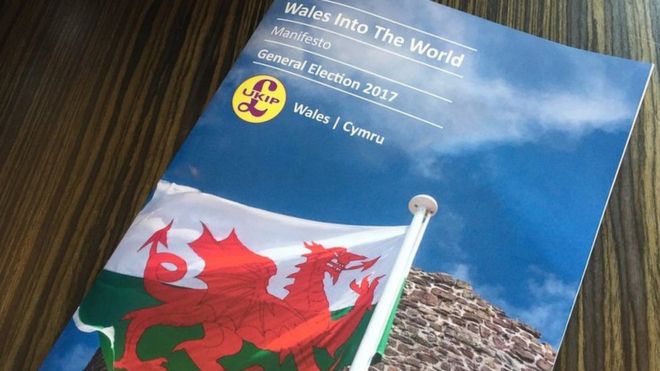The week’s leadership struggles in UKIP have echoes of a Shakespearean drama combined with and a modern political satire 
A week ago [8th May,2015] I noted that twenty four hours is a long time in politics. The high-velocity drama has continued throughout the first week of the new Conservative government.
Among the various stories is the remarkable series of events surrounding Nigel Farage and the United Kingdom Independence Party (UKIP). These could be summed up a defeated leader honouring his pre-election pledge to resign, and then reversing his decision, within another twenty four hours. Internal warfare erupts among his colleagues.
Background
Farage led UKIP to a very successful electoral result in terms of four million votes and unsuccessful in seats, won. Douglas Carstairs, the Conservative defector remains as sole elected UKIP Member of Parliament.
Farage himself, having failed to win the seat at South Thanet, confirms his earlier intention of resigning as leader of UKIP if he were to lose the South Thanet contest.
Dark Humour from The Thick of Things
As the drame unfolded, I felt I was witnessing a rerun of an episode of The Thick of Things. One deposed Farage aide, Raheem Kassam on Radio Five Live’s breakfast show (14th May 2014] gave a passable imitation of Peter Capelli as the scary Malcolm Tucker.
Then I found further connections with Coriolanus, one of the less-celebrated of Shakespeare’s dramas.
Farage and Coriolanus
In leadership style, the chummy Farage could hardly be further removed from that of the tragic Shakespearean figure of Coriolanus. Yet
the tale of triumph and ultimate failure depicts political unrest, with dangers to the ruling elite from the discontented plebeian masses of ancient Rome.
Although dismissive of the common people, Coriolanus wins their approval, but he is eventually killed by plotters against his dictatorial ambitions.
There is often dark humour to be found in Shakespearean tragedies. The unfolding UKIP drama has its darker moments, part Shakespearean, part The Thick of Things.
The resignation of Farage is accompanied by the entry on stage of assorted figures attempting to justify their efforts and conflicts. Farage is vilified as ‘snarling, thin-skinned and aggressive’ by one former ally Patrick O’Flinn
Farage’s advisors proceed to accuse each other of having mislead their leader, in the execution of campaign policy, and in particular over the headline-grabbing but divisive attacks on immigrants.
The noble Carswell resists
In one sub-plot, attempts are made to involve the residual UKIP MP, Douglas Carswell, in setting up a large staff at Westminster with money made available as a consequence of the 4 million votes obtained by the party. But the noble Carswell considers the money inappropriate for a one-MP party and rejects it, remaining aloof and beyond the fray.
Nigel is urged to return
As the plots and counter-plots develop, Farage is urged to remain. After a secret conclave, Nigel reluctantly accepts he must take back the leadership by overwhelming demands from his followers. Assorted plotters and counter-plotters with different views resign from the party.
Auditions for a new drama
Auditions are now taking place for the modern-dress version of Julius Caesar, with roles to be filled for Caesar, (offered the crown but who only reluctantly accepts it) Brutus, Cassius, Antony, and Calpurnia (soothsayer anticipating her husband Caesar’s sudden and bloody removal from power).
Casting possibilities: Nigel, Dave, George, Nick, Ed., Nicola, Boris, Natalee …
Later
The drama continues with more attempts to dislodge Nigel Farage.




 Posted by Tudor Rickards
Posted by Tudor Rickards 


 In Part One I looked at the developing stories from June 23rd 2016, the date of the European Referendum in the UK. To deal with the next part of the story, I have to go back to February, to the start of the months of national campaigning.
In Part One I looked at the developing stories from June 23rd 2016, the date of the European Referendum in the UK. To deal with the next part of the story, I have to go back to February, to the start of the months of national campaigning. 


 Click for regular updates
Click for regular updates